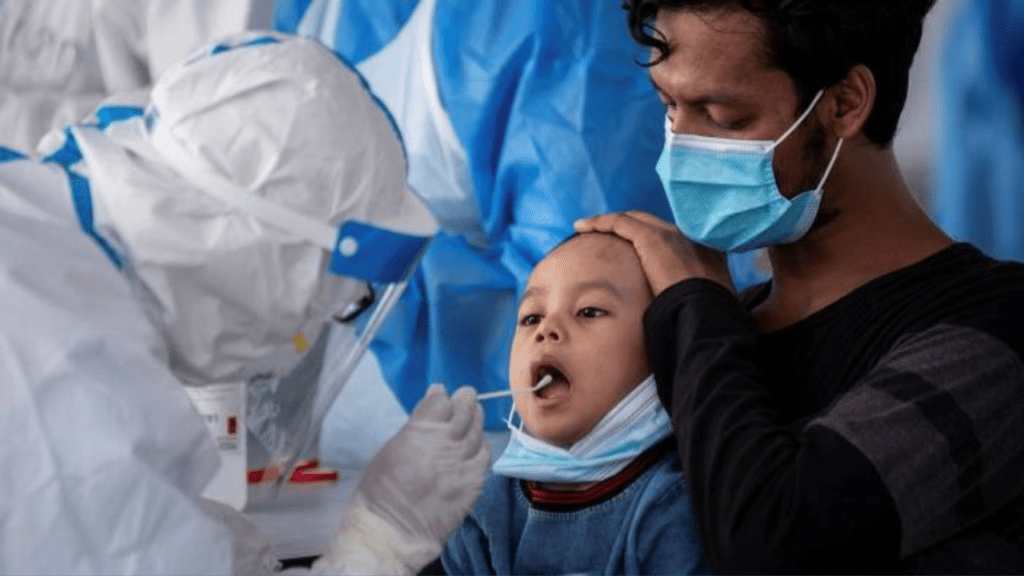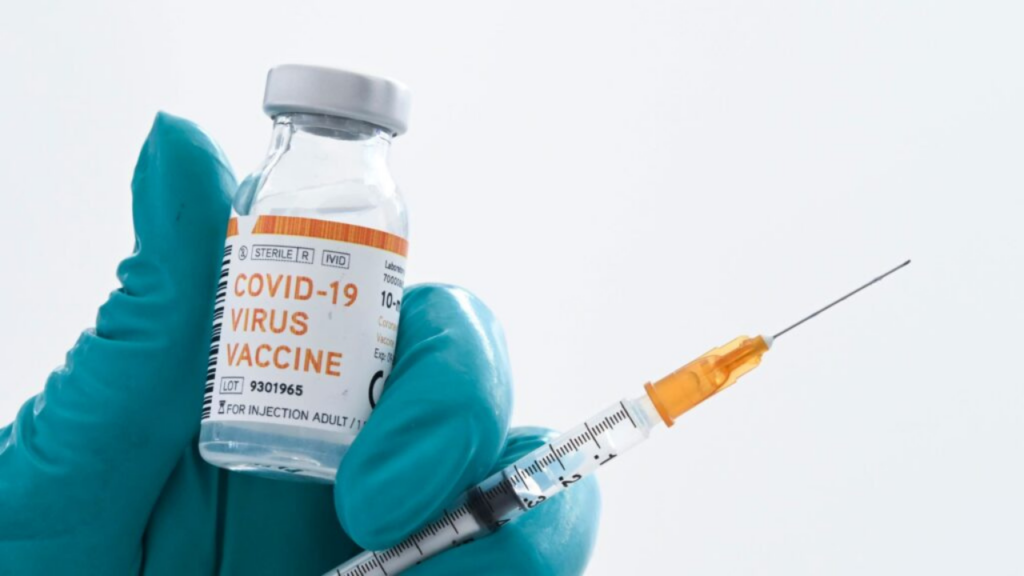Pre-screening and Screening in clinical trials are essential procedures that play a crucial role in the effective development of new medical treatments and therapies. These processes speak to ensuring the safety and effectiveness of potential interventions, ranging from new drugs to medical devices. Africa with its diverse population and unique healthcare challenges, is becoming an increasingly important region for clinical research and trials, therefore it’s important to know the pre-screening and screening processes implemented to ensure the success and integrity of clinical trials.
What Are Clinical Trials?
Clinical trials are scientific investigations conducted to assess the effectiveness and safety of new drugs, treatments, or medical procedures. Clinical trials are at the foundation of any advancement in medical knowledge and patient care improvement. They are conducted in various phases, with each phase serving a specific purpose, such as determining dosage, evaluating side effects, or comparing the new treatment to existing ones.
Importance of Pre-screening and Screening in Clinical Trials
Pre-screening and screening in clinical trials are essential procedures for an effective trial. It entails screening potential participants to verify they meet particular criteria and have the features required for the study. Pre-screening assists researchers in identifying individuals who are most likely to benefit from the intervention under consideration while limiting potential risks. It also speeds up the screening process, saving time and money.
Pre-screening Process
Typically, the pre-screening procedure begins with a preliminary review of potential participants. This may entail analyzing medical data, conducting interviews, and evaluating the trial’s inclusion and exclusion criteria. Inclusion criteria define the characteristics that a participant must possess, such as age, gender, medical condition, or previous medical history. Exclusion criteria define variables that would prevent people from participating in the study, such as particular medical problems or medications that could interfere with the results.
Screening Process
Once potential participants pass the pre-screening stage, they move on to the screening process. This phase involves a more detailed assessment, including medical tests, physical examinations, and questionnaires. The screening process aims to ensure participants are in good health and meet specific requirements outlined by the trial protocol. It may also involve obtaining informed consent from participants, which is an essential ethical consideration.
Informed Consent
Informed consent is a fundamental aspect of clinical trials. It ensures that participants fully understand the nature of the study, including its potential risks and benefits, before deciding to participate. Informed consent involves providing participants with comprehensive information about the trial, allowing them to ask questions, and obtaining their voluntary agreement to participate. This process promotes transparency, autonomy, and respect for participants’ rights.
Benefits of Pre-screening
Effective pre-screening and screening in clinical trials have several advantages. For starters, it assists researchers in identifying a relevant group of participants, which increases the likelihood of obtaining accurate and dependable data. Second, pre-screening improves participant safety by ensuring that individuals with a greater risk factor are eliminated from the trial. Finally pre-screening and screening in clinical trials optimizes resource use by focusing on persons who are most likely to benefit from the intervention under consideration. Clinical studies can produce more meaningful and impactful results by carefully selecting participants through pre-screening.
Challenges of Pre-screening
While pre-screening and screening are essential in clinical trials, it also presents challenges. One of the main challenges is finding a sufficient number of eligible participants who meet the specific criteria of the trial. This can be particularly difficult for rare diseases or conditions with limited patient populations. Another challenge is ensuring diversity among participants to account for potential differences in treatment response across different demographic groups like what we have here in Africa. Balancing inclusivity and specificity in pre-screening can be a complex task that requires careful consideration.
Eligibility Criteria
During the screening process, participants are assessed against specific eligibility criteria. These criteria vary depending on the nature of the clinical trial but may include factors such as age, gender, medical history, disease severity, and previous treatments. Eligibility criteria are carefully designed to select individuals who closely represent the target population for the intervention being studied. This ensures that the trial results are applicable and relevant to the intended patient group.
Risks and Benefits
Participating in a clinical trial has both benefits and risks. Potential risks linked with the intervention are thoroughly examined during the screening process. These risks could include side effects, negative reactions, or complications. Participating in a clinical trial, on the other hand, may also provide access to new medications or therapies that are not yet widely available, close monitoring of health issues, and the opportunity to contribute to scientific knowledge.
Ethical Considerations
Ethical considerations are paramount in clinical trials, particularly during the pre-screening and screening processes. Informed consent, as mentioned earlier, ensures that participants fully understand the purpose, procedures, potential risks, and benefits of the trial. In addition, the confidentiality and privacy of participants’ personal information must be strictly maintained. Ethical guidelines also emphasize the need for ongoing monitoring of participants’ well-being throughout the trial and the obligation to promptly report any unexpected adverse events.
In conclusion, Pre-screening and screening in clinical trials are vital components that help ensure the safety, integrity, and effectiveness of the study. Pre-screening enables the selection of suitable participants, optimizing the chances of obtaining meaningful results. The screening process further evaluates participants’ eligibility and establishes baseline data for comparison. Together, these processes contribute to advancing medical knowledge and improving patient care.
FAQS
What is the purpose of pre-screening and screening in clinical trials?
Pre-screening helps identify individuals who meet the specific criteria for a clinical trial, ensuring the selection of suitable participants and increasing the chances of obtaining accurate results.
What happens during the screening process in a clinical trial?
The screening process involves a comprehensive evaluation of potential participants, including medical tests, physical examinations, and the collection of baseline data to determine their eligibility for the trial.
Why is informed consent important in clinical trials?
Informed consent ensures that participants fully understand the purpose, procedures, potential risks, and benefits of the trial before deciding to participate, promoting transparency and respecting participants’ rights.
Are there any risks involved in participating in a clinical trial?
Yes, participating in a clinical trial carries potential risks, including side effects, adverse reactions, or complications associated with the intervention being studied. These risks are carefully assessed and monitored throughout the trial.



